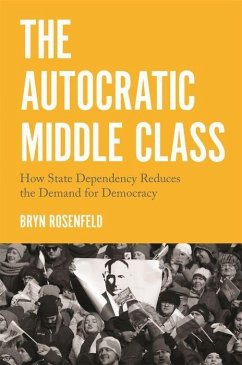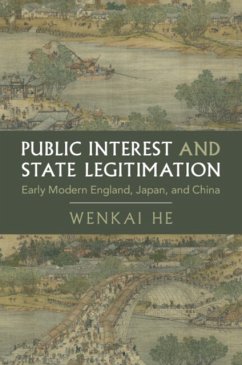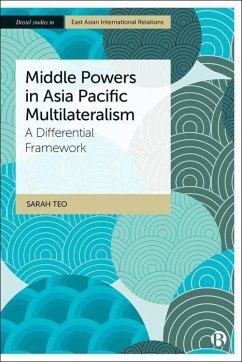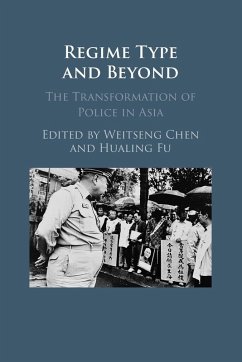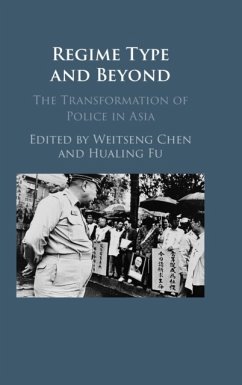
The Two Logics of Autocratic Rule
Versandkostenfrei!
Versandfertig in über 4 Wochen
37,99 €
inkl. MwSt.

PAYBACK Punkte
19 °P sammeln!
Why do some autocracies remain stable while others break down? Based on an inventory of what we know about non-democracies in modern political science, this book carves out two distinct stabilizing logics. The Two Logics of Autocratic Rule proposes an innovative approach to aid readers in better understanding the inner workings of autocracies.







